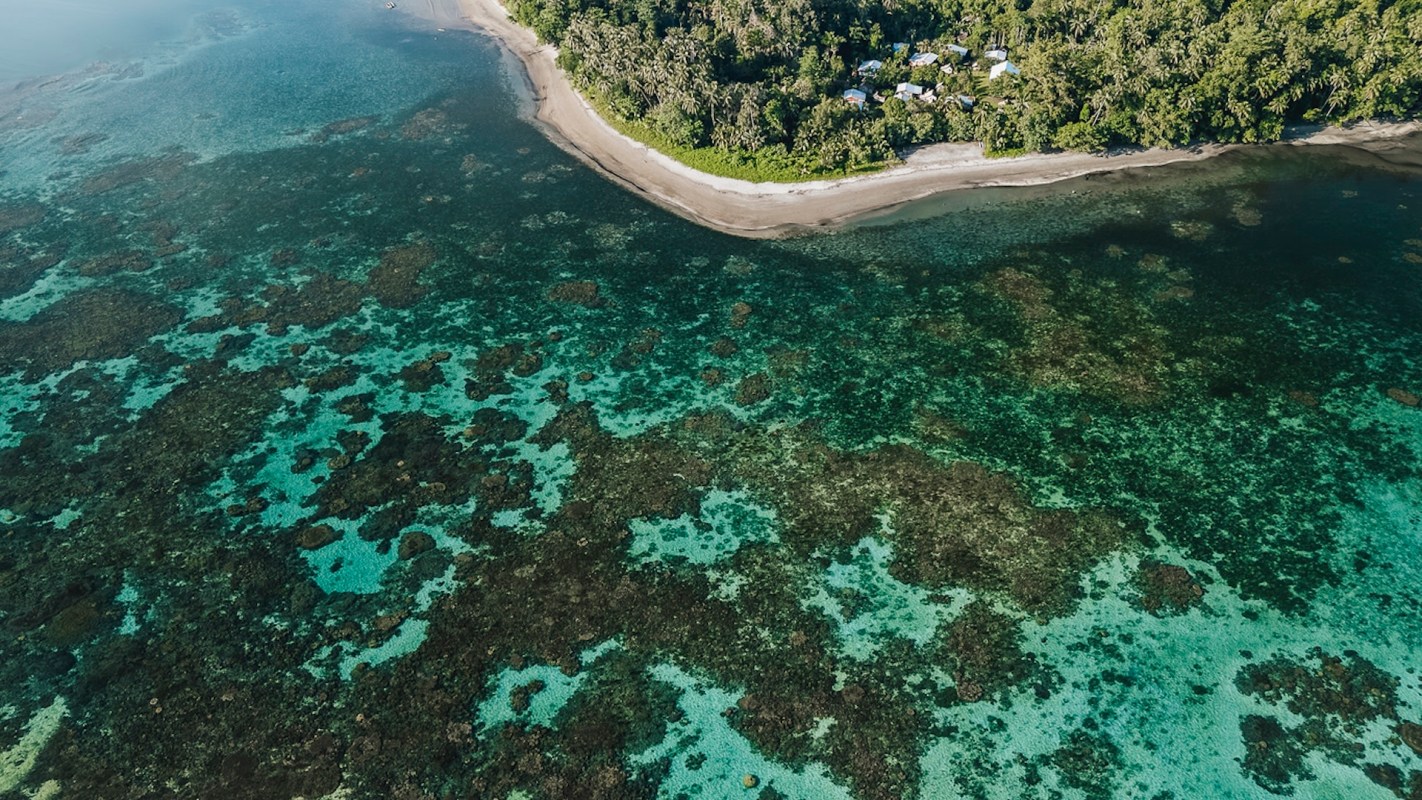Microplastics are a growing problem, and we're only just starting to understand their effects on the planet and personal health.
A new study has found another troubling impact of microplastics, demonstrating the necessity of keeping this material from entering the ocean.
What's happening?
Research published in Environmental Pollution and shared by Science Direct detailed that coral reefs are at huge risk of becoming "microplastic sinks."
Fragile reefs face yet another danger, adding to concerns regarding rising ocean temperatures that kill coral populations through bleaching.
Corals can retain deposited microplastics that are increasingly pervasive in water sources. The harmful chemicals found in plastics could thus leach into the corals or be ingested by organisms that rely on the reefs for food, potentially leading to health problems and even death.
"As coral reefs are prone to microplastic accumulation and can become pollution hotspots, global initiatives are necessary to conserve these rich ecosystems and prevent rapidly increasing plastic pollution," the study said.
Another study has revealed trees can act as microplastic sinks for airborne particles.
Why is this concerning?
According to the Natural History Museum, a single coral reef can be home to thousands of species. If coral reefs die or dwindle in health, whole ecosystems could be affected.
Coral reefs are hugely important to local economies, providing monetary boosts through their impact on fishing and tourism.
Corals also provide a natural barrier from surges in storm conditions, protecting coastal communities from the full force of flooding.
As global temperatures rise as a result of human-caused pollution, corals are at risk of bleaching. Rising temperatures also increase the intensity of extreme weather conditions, like coastal hurricanes, which can lead to the death of corals and the loss of their protection in challenging weather events.
What's being done about coral survival?
Scientists are trying to restore coral reefs by releasing king crabs to eat excessive algae, freezing corals to resurrect in the future, and even electrocuting them.
But limiting the rate of rising global temperatures is one of the most important things we can do to save these vital creatures. That's why turning away from dirty fuel is so essential. We can make the most of renewable sources of energy or switch to an electric car, among other efforts.
Microplastics, though, are also a concern. Avoiding single-use plastics by investing in reusable food and drink containers — and recycling any items we use — can help to keep plastic pollution from our oceans, where they have multiple negative impacts ranging from microplastics to choking or entangling marine life.
Join our free newsletter for cool news and cool tips that make it easy to help yourself while helping the planet.









